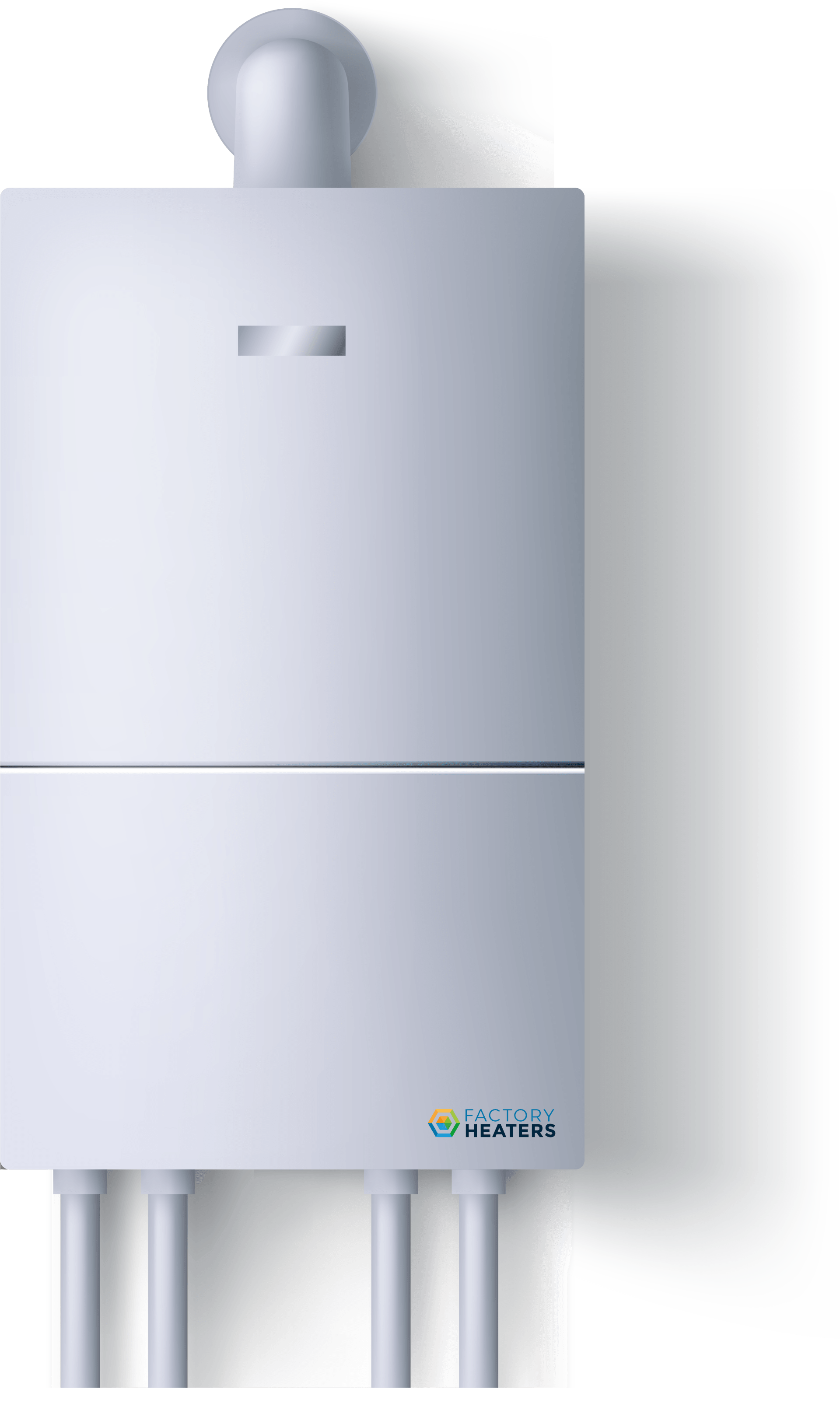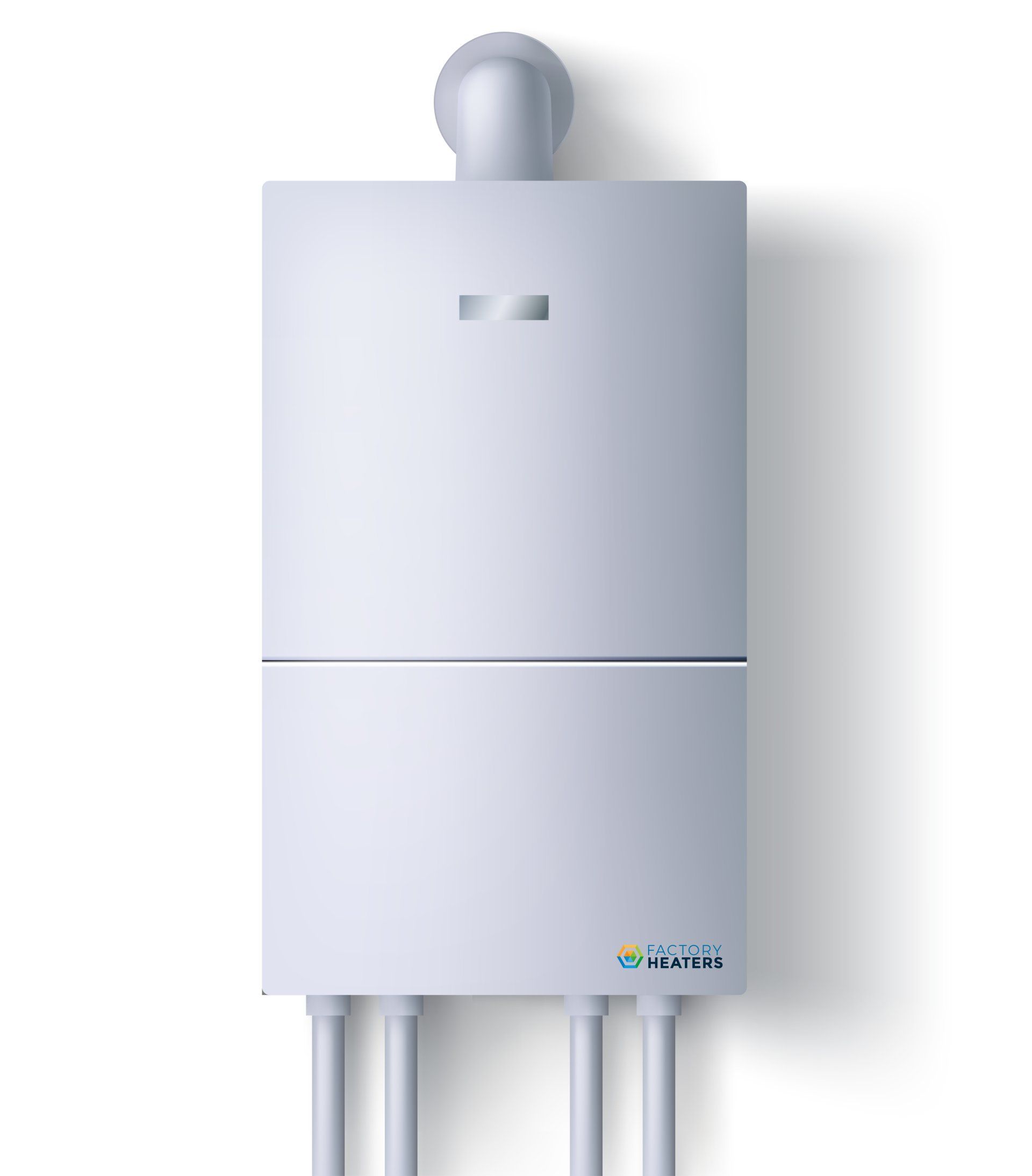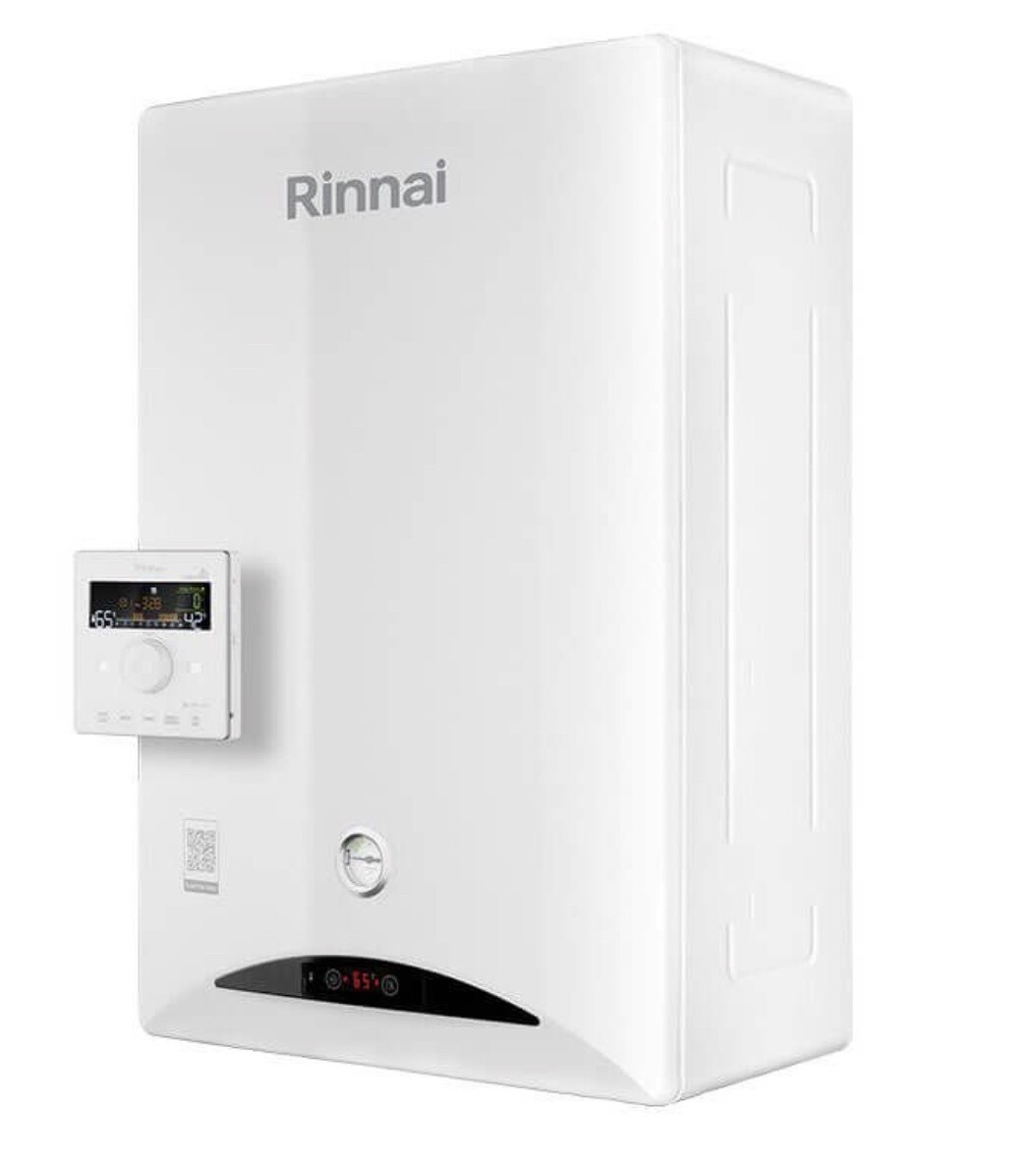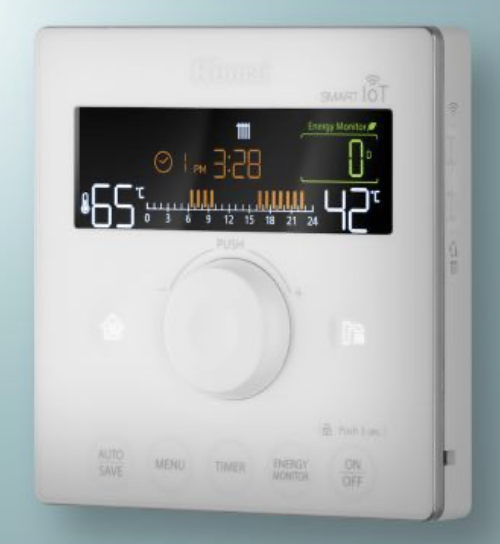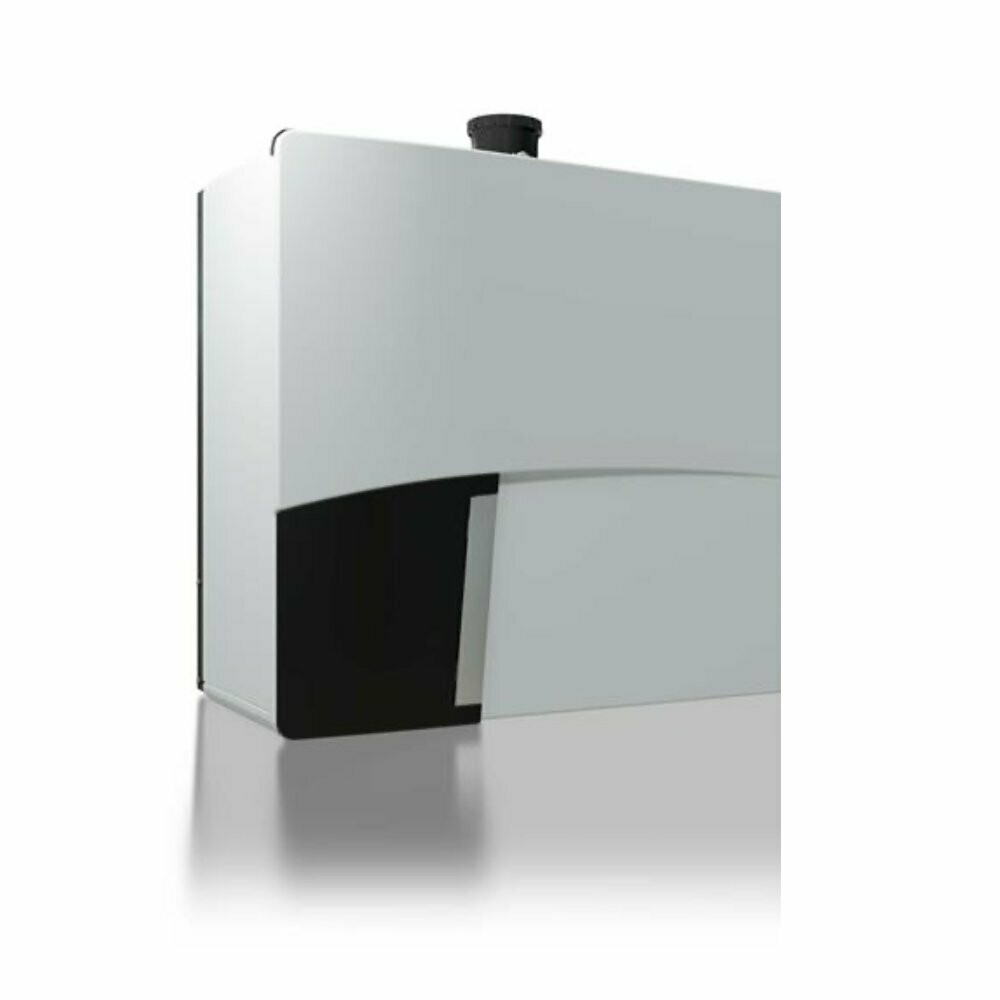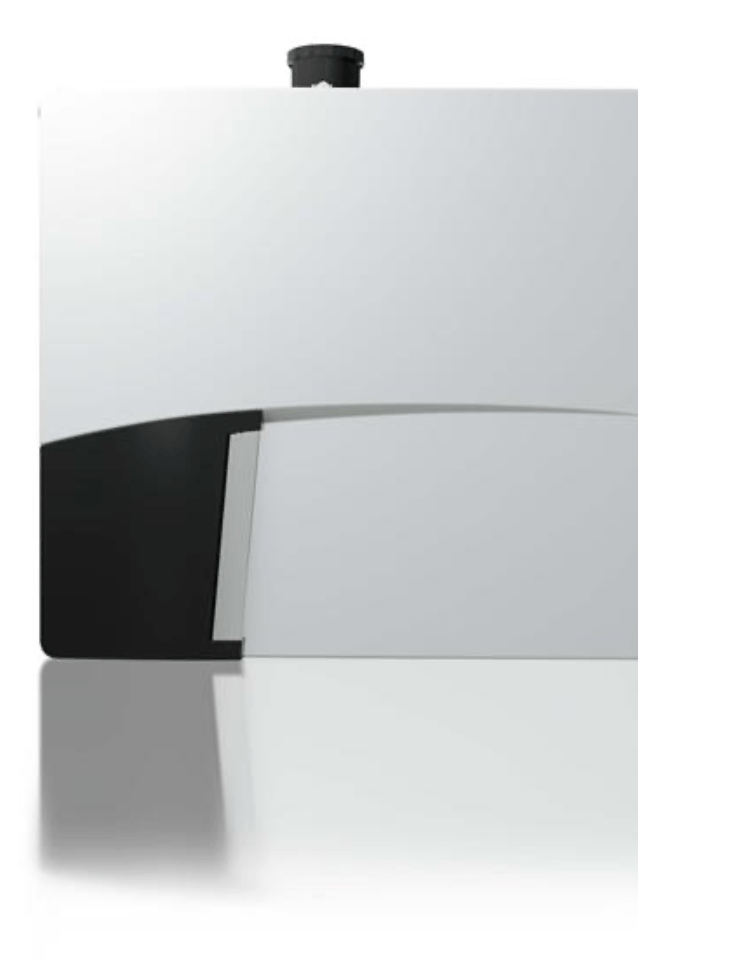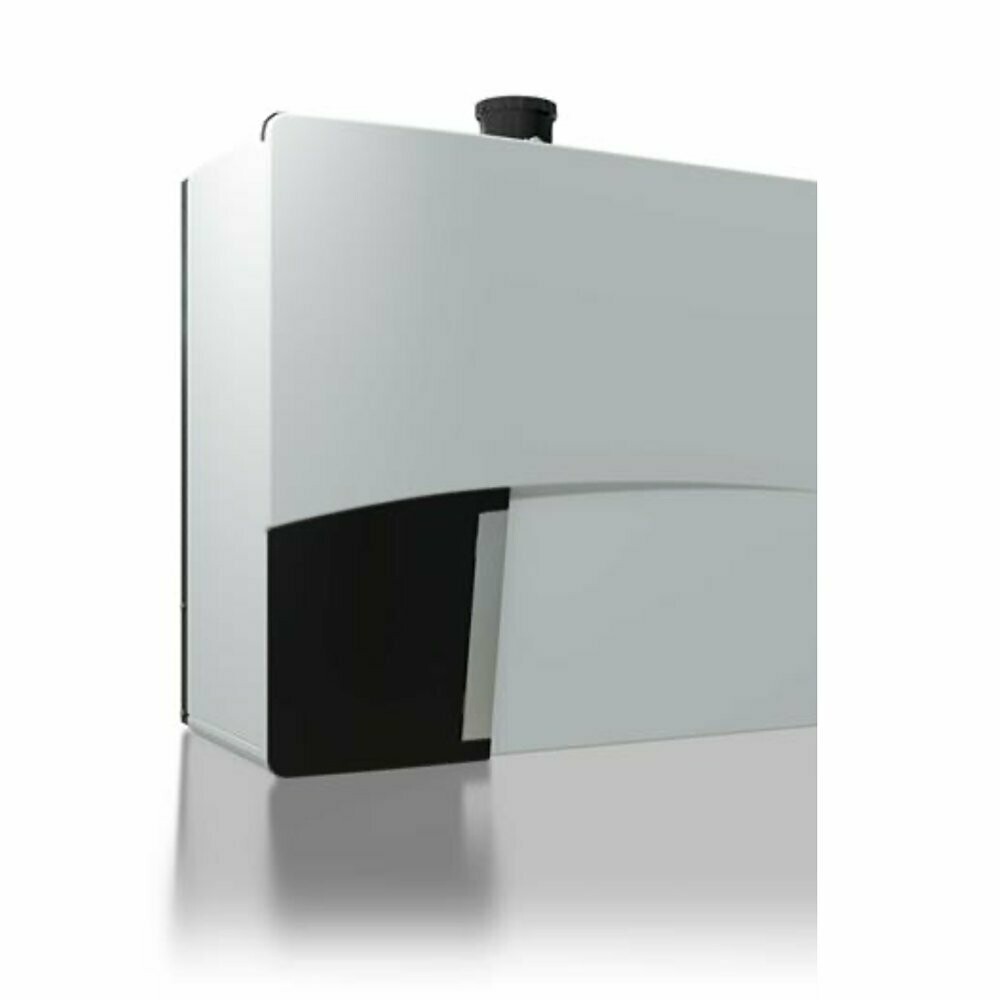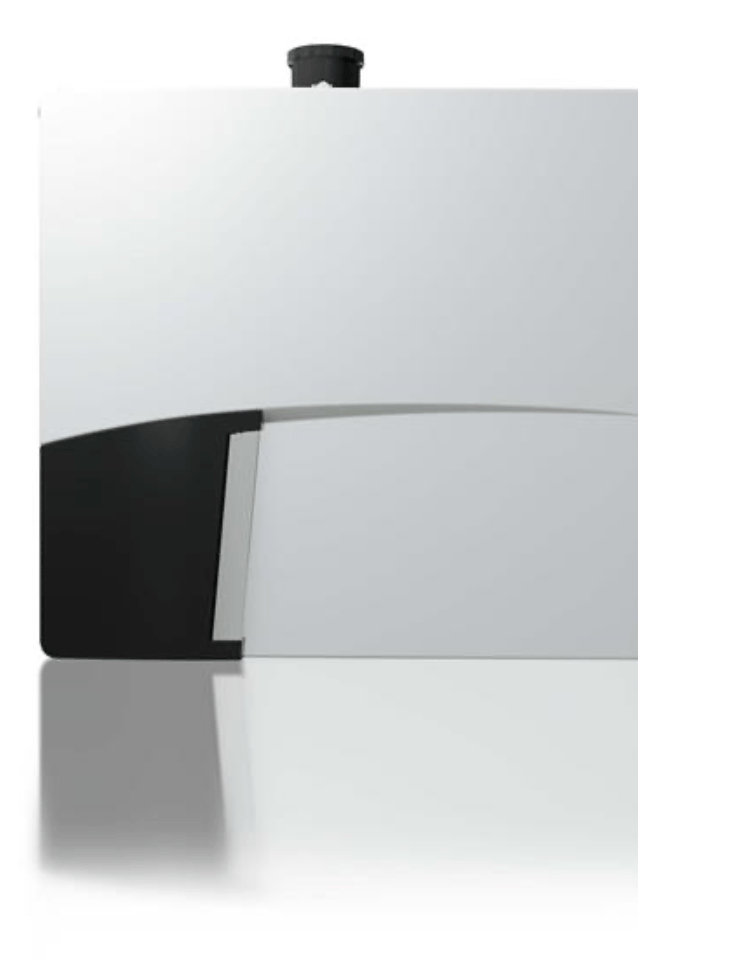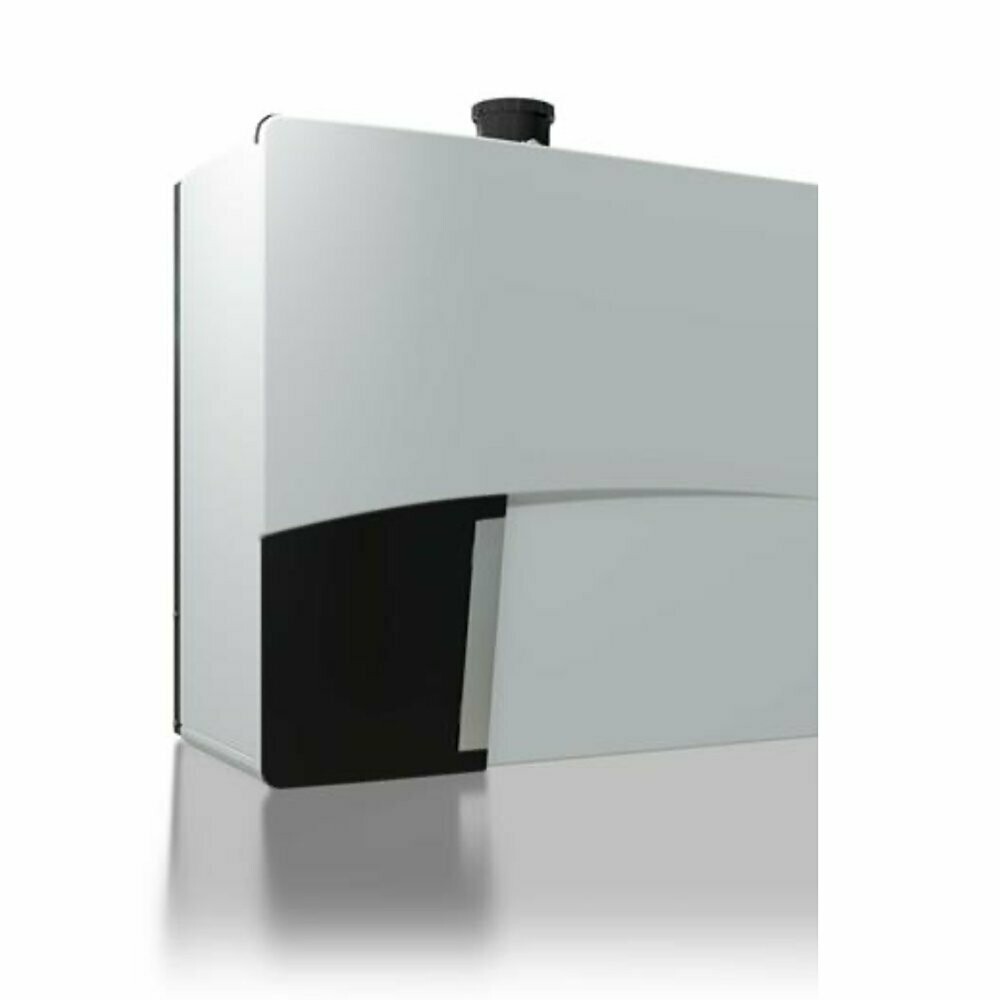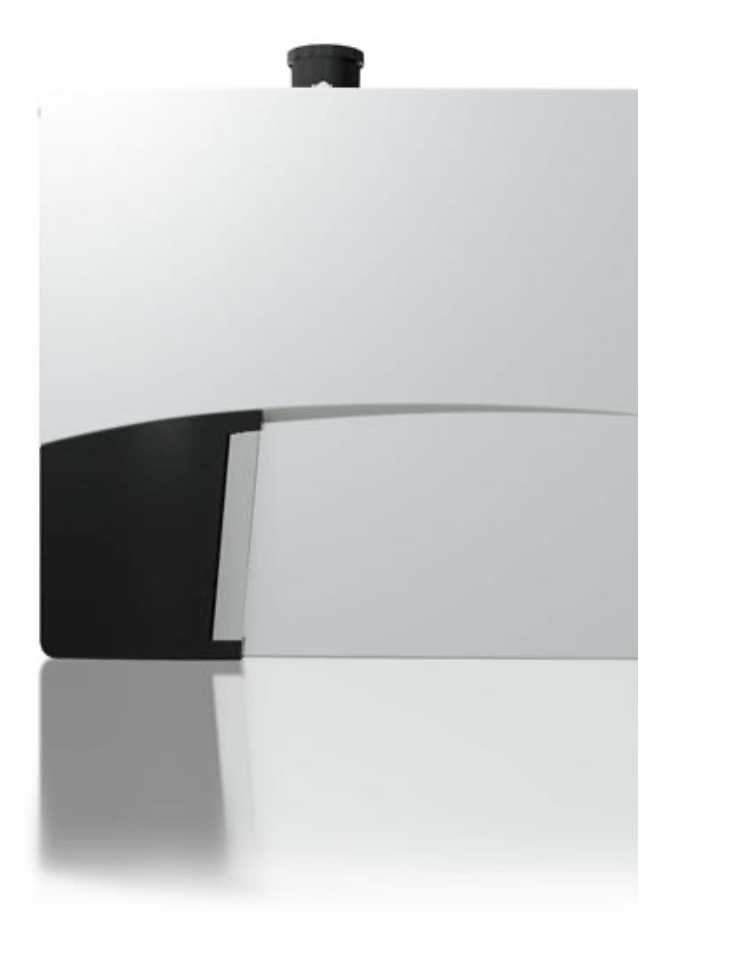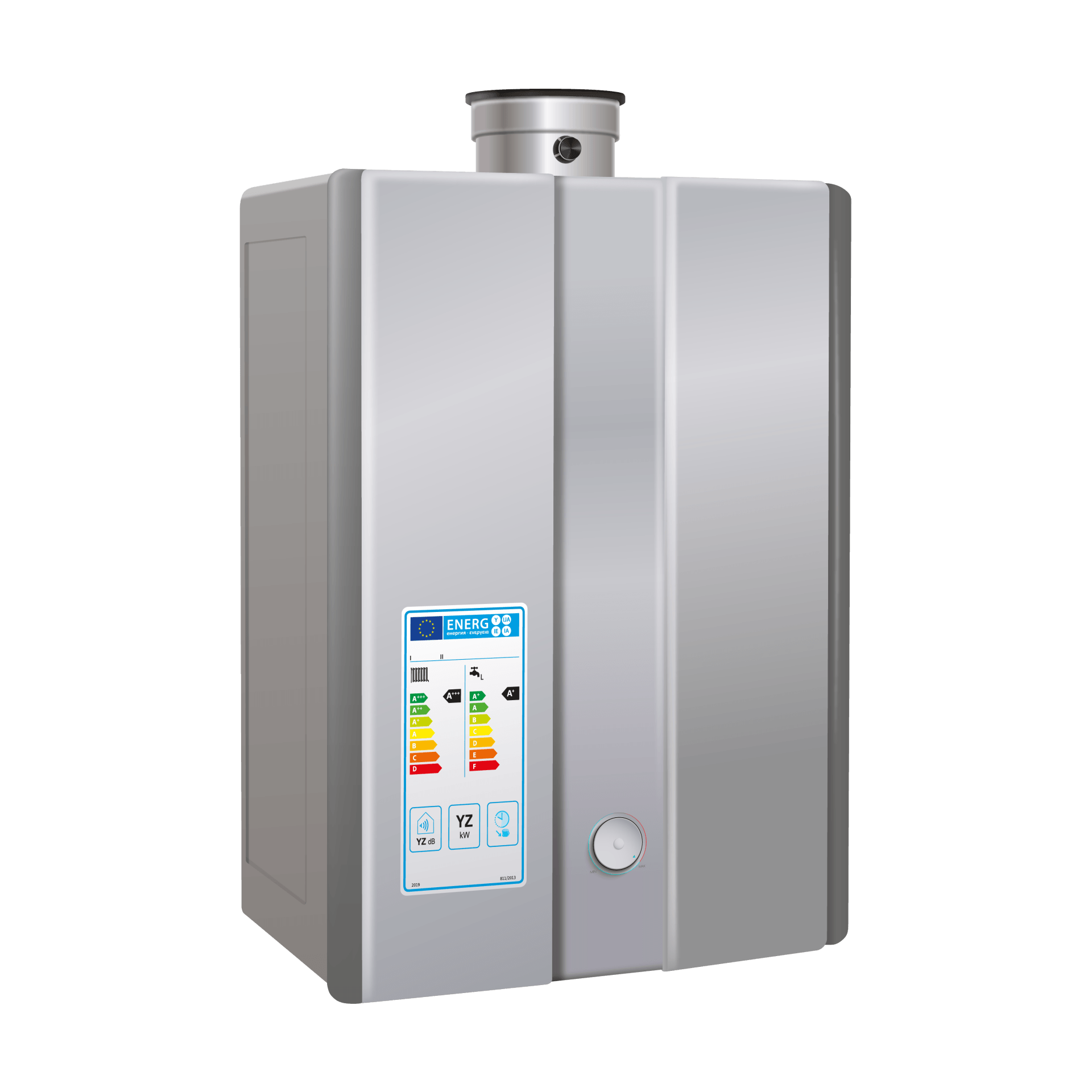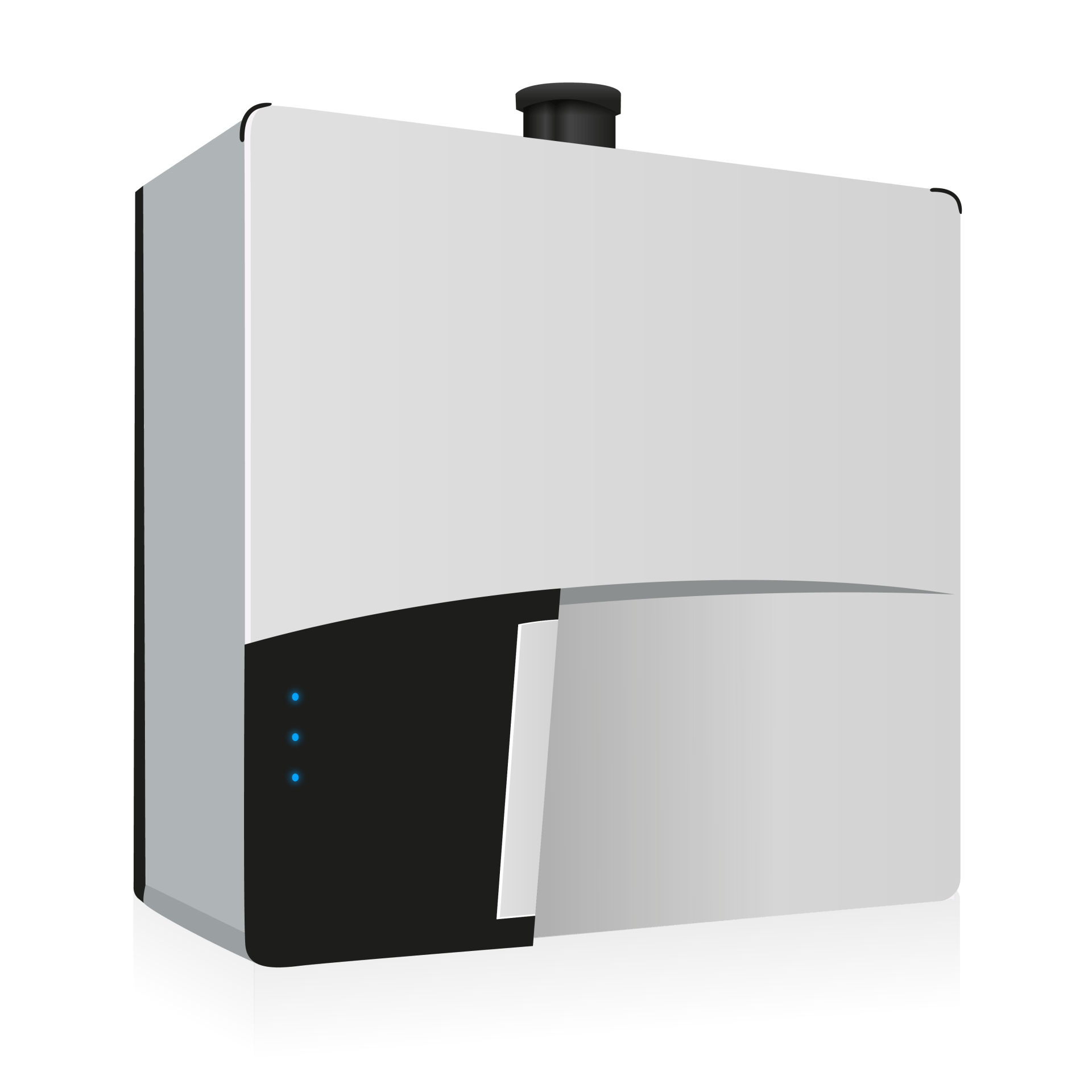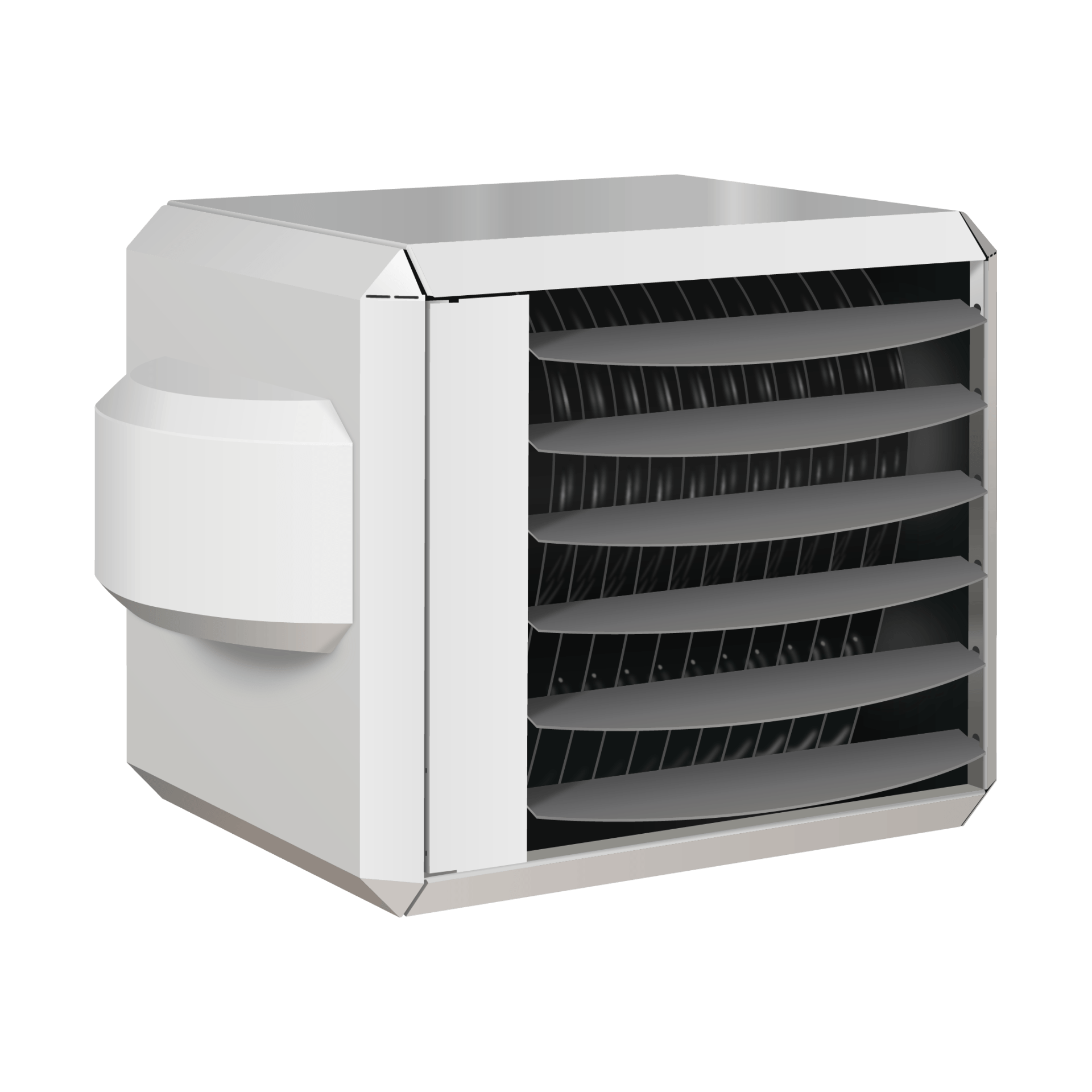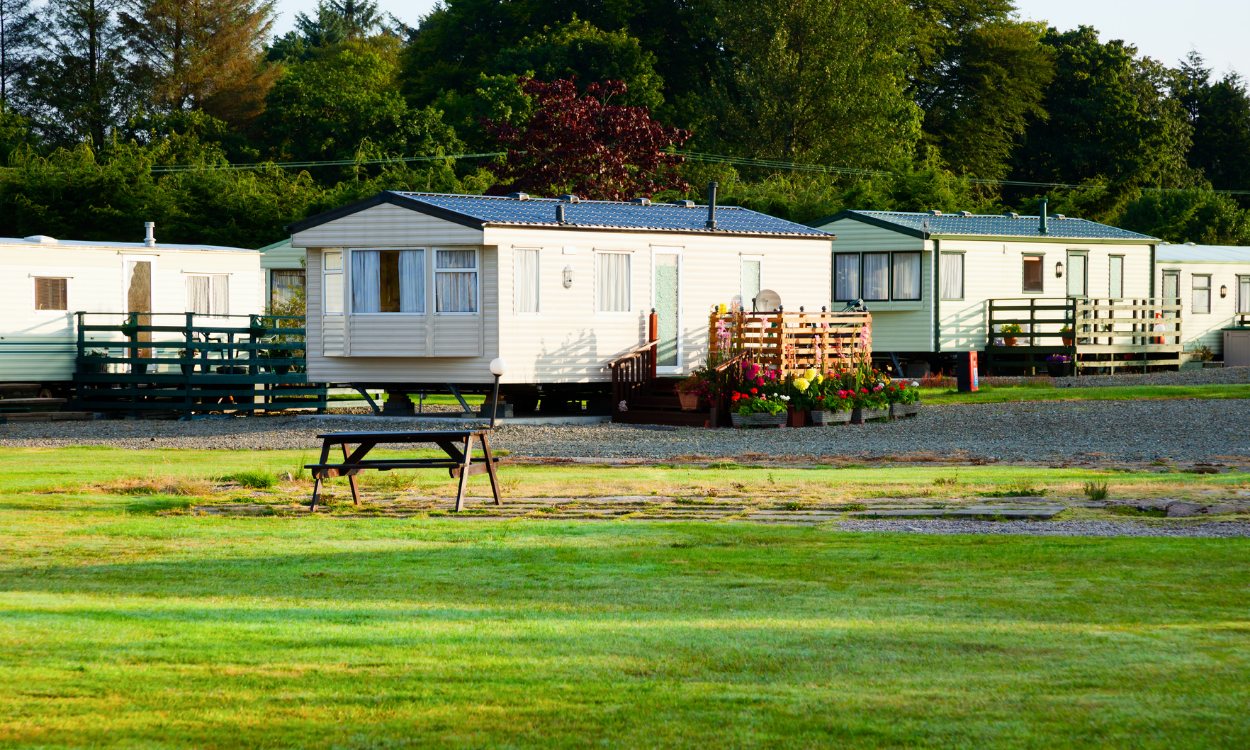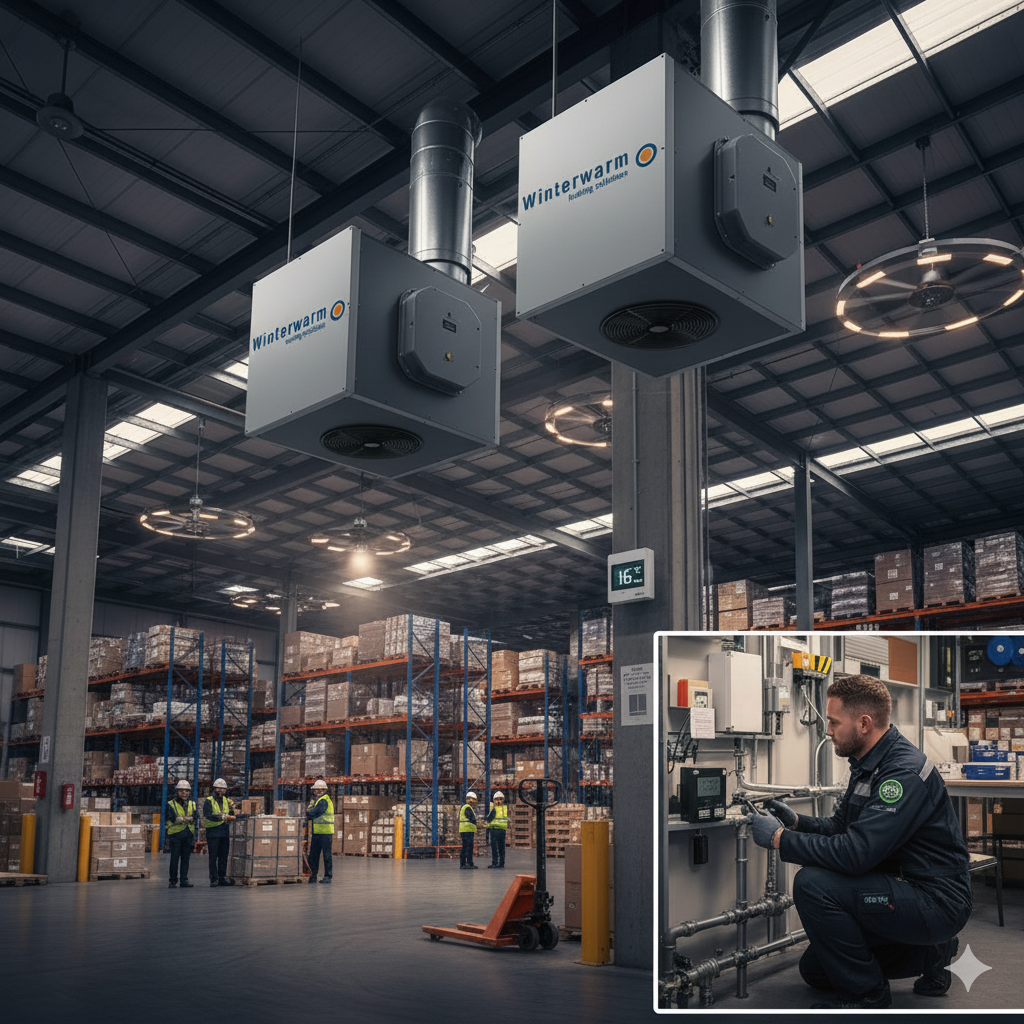Combi Boiler - Everything You Need to Know
There are three types of boilers which all operate in different ways, namely:
3. Regular boilers (Heat only)
COMBI BOILERS
What is a Combi Boiler?
Combi boilers, or combination boilers, are considered to be the United Kingdom’s most popular type of boiler.
Usually installed as a single wall-hung appliance, commercial combi boilers are very compact and highly efficient, not only supplying all the heating requirements, but also hot water for sanitary use, such as bathing or showering, washing up, food preparation, hand washing etc,
They ensure not only significant savings on installation costs, but also guarantee lower running costs too, making them the best choice for larger domestic properties or commercial applications, where both heating and hot water are required.
Unlike traditional systems, the combi will instantaneously heat water when turning on the hot tap, so there is no need for a hot water storage cylinder, making this product the ideal choice for properties with limited space.
How a Combi Boiler Operates.
A combi boiler integrates a central heating boiler and a water heater, heating water via an integral heat exchanger directly from the cold mains. The boiler fires up if the room thermostat gives a signal to do so when the temperature falls below a set point, allowing heat to be injected into the central heating system. Additionally, the boiler may 'modulate' or turn itself down once you reach the thermostat set point, maintaining the heating at the proper temperature, which saves energy.
When a hot water tap is switched on, a valve inside the combi boiler redirects the heat into the hot water supply, producing hot water until you turn the tap off, at which point the valve resets to the ‘central heating' position. Heat may be delivered to either the hot water taps or central heating system, but never both simultaneously.
Due to the much higher efficiencies, it is now a legal requirement to have a condensing boiler instead of a non-condensing boiler when replacing a boiler or fitting a new one for the first time.
A non-condensing boiler only has one heat exchanger, so the waste gases that exit the boiler flue could reach up to 250°C. This is wasted heat that could be recycled and used in the system to reach maximum efficiency. A condensing gas boiler is able to recycle this heat from the waste gases and use it to heat the water.
A combi boiler, unlike an open vent boiler, operates on a closed system. Any air that gets into the stream has an impact on the heating, boiler, and pump. If the boiler loses any more pressure, it shuts down and displays an error code. A loose or rusted connection might result in a sudden loss of pressure.
To restore a combi boiler's pressure to the appropriate levels, one uses a filling loop. A pressure gauge is normally located next to the display on each boiler. The combination boiler's pressure should never be permitted to dip below 1 bar or rise above 3 bar. The safest range is between 11/2 and 2 bar.
How Do You Fuel a Combi Boiler?
As most UK Commercial properties are linked to mains gas via an underground network, gas is often used to fuel a gas combi boiler. However, this is not the only available method. Combi systems can also be powered by LPG, oil, or electricity. LPG is normally delivered in bottles that must be replenished on a regular basis. Similarly, you normally store oil in a tank that must be replaced on a regular basis.
The future of Combi Boilers
In an effort to reduce our greenhouse gas emissions by 80% by 2050, the UK government is seeking to change the way in which we heat our homes. According to recent figures, heating constitutes around 40% of the UK’s energy consumption. The introduction of fuel sources such as hydrogen could help us reduce our carbon emissions.
Hydrogen would be used as an alternative to Natural Gas, LPG and oil, which all produce carbon dioxide as a by-product of the combustion that takes place. There have been many suggestions as to how hydrogen can be produced as a fuel source, including an electrochemical process where hydrogen is separated from the source fuel. In this case, the carbon emissions would have to be captured and permanently contained.
Should You Purchase a Combi Boiler for your Commercial Application?
A combi boiler needs enough mains water pressure to give a reasonable water flow rate; if the mains water pressure is too low, hot water only trickles out the tap. System boilers may be a better alternative for you if your mains water pressure is low or if your Commercial premises have more than one washroom facility.
It is also crucial to make sure the boiler's heat output is adequate for your requirements.
Combi boilers produce two types of heat: one for domestic hot water and another for central heating. Producing hot water requires more effort and thus more heat than heating radiators; as a result, the hot water output is generally what defines your boiler option. A Gas Safe Registered installer can assist you in determining what boiler you need to meet all your Commercial heating & hot water needs.
What are the
advantages of a Combi Boiler?
Combi boilers offer the following benefits:
- They are easy to use – The majority of combi boilers contain simple controls. You can program the system's heating to turn on when you need it due to the temperature and time controls. The ability to choose your desired temperature, at any given time, enhances the comfort of your premises, which reduces your fuel bills and gives you more control.
- The boiler itself contains everything needed to supply heat to the radiators or hot water to the taps, eliminating the need for a central heating pump or hot water storage cylinder - ideal for commercial premises with limited space.
- As a combi boiler does not require a water tank or a hot water storage cylinder, it requires less plumbing, which saves time and money during the installation process.
- Lower maintenance costs - the integral heating and hot water functions are covered by the boiler manufacturer's warranty/guarantee.
- No long wait times for hot water
What are the
disadvantages of a Combi Boiler?
- They do not work well in properties with poor flow rates and/or poor incoming water pressure.
- Hot water flow rates are reduced when providing hot water to two or more outlets simultaneously, although this is really only a problem in properties with two or more washrooms.
- A combi boiler system does not have backup immersion heaters to heat any hot water in the case of a breakdown.
Other common questions about Combi Boilers
Do You Need a Separate Hot Water Cylinder?
Can You Install a Combination Boiler Yourself?
No – Gas appliances like gas combi boilers must be installed by a Gas Safe Registered installer.
What Accessories or Controls Do You Need Regarding Combi Boilers?
1. The seasonal space heating efficiency must be at least 92% (A rated on the ERP label).
2. All installations require temperature and time management.
3. One of the following has to be included in every combi boiler installation:
· Compensation for the weather
· Automation and optimisation with smart control
Which Combi Boilers Are the Best?
Factory Heaters only supply ATAG Hydrogen Ready combination boilers (blended) which are energy efficient and trusted as a premium brand by both the industry and customers alike. With a wide range of boilers available, you can be sure to find the most popular choice and ideal system for your commercial application.
Condensing boiler vs combi
When it comes to
gas combi boilers, two of the most popular types are condensing and combi boilers. Condensing boilers are the most efficient type of boiler available, as they use a secondary heat exchanger to extract more heat from the fuel source. This means that they can reach up to 90% efficiency, making them an ideal choice for those looking to save money on their energy bills. Combi boilers, on the other hand, are a combination of a water heater and central heating system in one unit. They provide instant hot water on demand and are also highly efficient, reaching up to 95% efficiency. Both types of boiler offer great value for money and can be used in both domestic and commercial applications.
What is the optimum temperature to set a combi boiler?
The combi boiler has a control panel on it which allows you to set the temperature of water that will circulate around your home's heating system and come out as hot or boiling! Combination boilers often give the best results when heated to 75°C for central heating and 60 °C domestic hot water. Lowering this temperature will help reduce any risks of scalding, so it's important not only in your home but also at businesses where employees may use extremely high temperatures on certain tasks like cooking or taking care procedures!
Are there any combi boilers to avoid?
Combi boilers are an efficient and cost-effective way to heat your home, but there are certain situations where they may not be the best option. If you have a large family or live in a multi-story house, then a combi boiler may not be able to provide enough hot water for everyone. Additionally, if you have low water pressure or an old system, then a combi boiler may not be suitable as it requires a high level of water pressure to operate efficiently. If you're unsure whether a combi boiler is right for your home, it's best to consult with an experienced professional who can assess your needs and recommend the best solution for your situation.
Facts and Tips for Choosing the Best Residential Boiler
When it comes to residential heating systems, one of the most popular choices among homeowners is a Combi boiler. But what is a Combi boiler and why do many people opt for it over a traditional system or hot water cylinder? Combi boilers are relatively new, with the first models being introduced in the UK back in the early 70s. Since then, they have become increasingly popular due to their energy-saving potentials, lower running costs, and space-saving designs. With a Combi boiler, you get both heating and hot water supplied by the same unit, which eliminates the need for a separate hot water cylinder or cold water supply tank.
One of the most well-known brands of Combi boilers is Baxi combi boiler, which offers an extensive range of energy-efficient and reliable models to suit every household's needs and budget. But before investing in a new Combi boiler, it is essential to know how it works and what boiler do i need for my house. Typically, a Combi boiler is controlled similarly to a traditional system, with the added benefit of being able to adjust the heating and hot water controls separately. Combi boiler how it works is by heating cold water directly from the mains via a heat exchanger, which eliminates the need for a hot water tank or cylinder.
Although there are many benefits to a Combi boiler, it may not be the best option for those with a larger property or high hot water demand, as it may struggle to meet the demand, and a conventional or system boiler may be more suitable. However, if you're looking for a space-saving, energy-efficient, and cost-effective solution for your heating and hot water needs, a Combi boiler may just be what you need.

